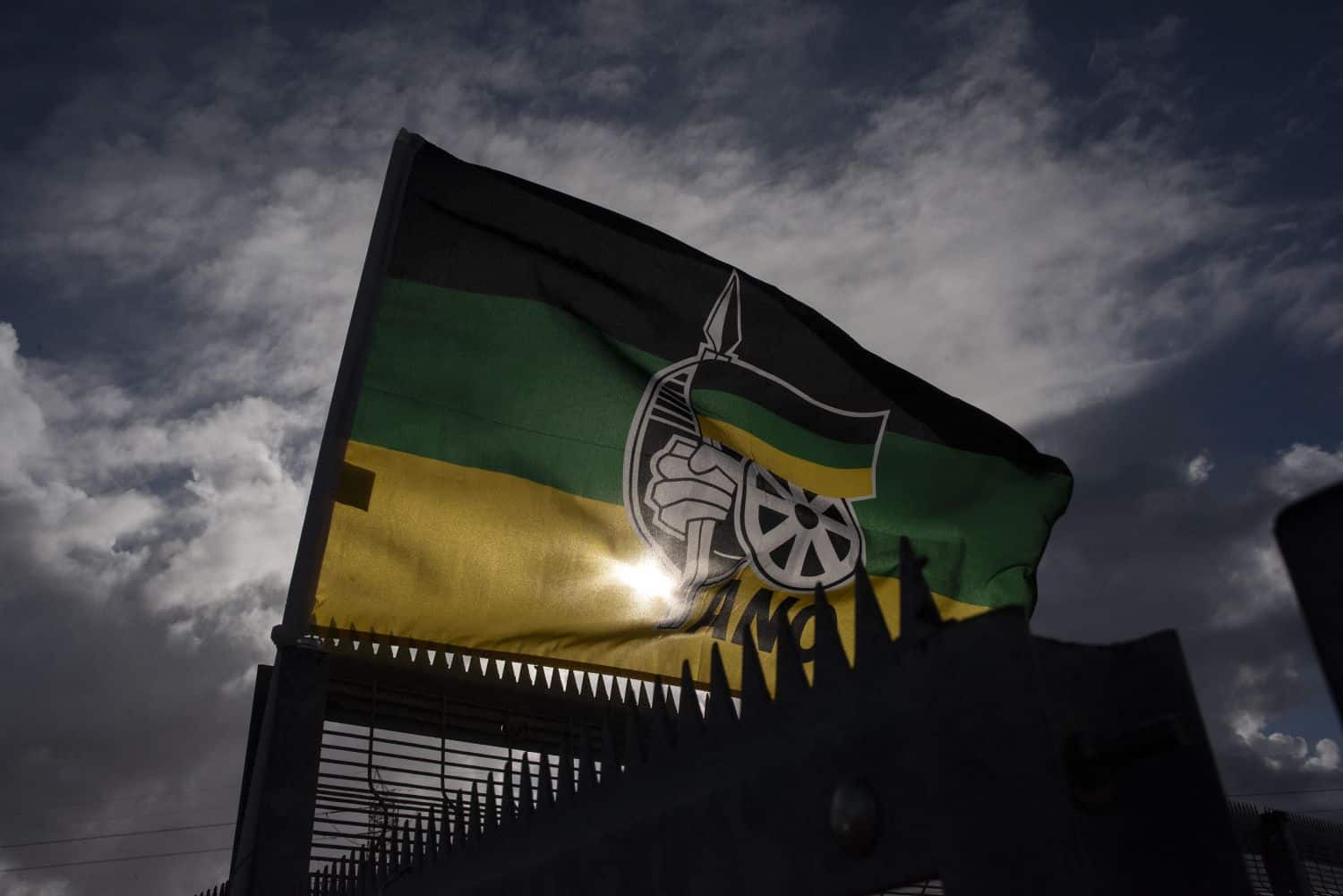One of the polls place current support for the ANC at a paltry 42% while another puts it at 38%, but this doesn't mean voters are happy with the opposition either.

For many South Africans who have been battling to deal with the repercussions of government’s bad decision making in recent years, it should come as no real surprise that support for the governing party has dipped well below 50% recently.
Senior political analyst, Louw Nel, has detailed how research firm Ipsos recently conducted separate polls, which indicates that support for the ruling African National Congress (ANC) remains steadily in decline.
One of the polls place current support for the ANC at a paltry 42% while another puts it at 38%.
However, this is not all good news for opposition parties, as another closer study of the polls indicates that the ANC’s loss is not necessarily the opposition’s gain.
ALSO READ: ANC must prepare itself for a big battle ahead of polls
The poll gauged would-be voters’ preferences, should elections be held now, found that only 42% of respondents picked the ruling party.
But, it also seems that support for the main opposition parties were similarly low: the Democratic Alliance (DA) and Economic Freedom Fighters (EFF) were tapped by 11% and 9% of those polled, respectively, with ActionSA at 3% – the most popular of the smaller parties.
A significant 10% of respondents said they would not be voting at all with 7% refusing to answer and another 5% saying they did not know.
Nel said the Ipsos poll shows that 40% of respondents found that “no political party represents my views” – an indictment of the options on offer and an indication that votes lost by the ANC do not necessarily become votes gained by the opposition.
“Indeed, President Cyril Ramaphosa remains the most popular political party leader in the country – at 5.5 out of 10 – with EFF leader Julius Malema at 3.8 and DA leader John Steenhuisen at 3.3.
Mr Ramaphosa’s approval rate among ANC supporters (68%) outstrips his approval among all voters (48%), but the gap is much larger for Mr Steenhuisen who gets the nod from the party faithful (67%) but fares badly among all voters (29%),” he said.
NOW READ: ANC divisions driven by corruption, competition for positions, Ramaphosa admits
He added that Ramaphosa’s numbers still represent a marked decline for the president whose approval rating consistently outstrips that of the party he leads.
“Respondents were unkind in their assessment of the ANC, saying they were unsure about the state of the party and who was really in charge. Mr Ramaphosa’s leadership style was criticised with many feeling he was not formidable enough,” he said.
Ipsos has a history of overestimating support for the ANC and underestimating support for the DA. This is partially due to the former’s struggles to turn out traditional voters and the latter’s comparative success in getting would-be voters to register and show up on election day.
It should be noted that once undecided voters are added to the mix, both parties are likely to have their projected support boosted by several percentage points.
Nonetheless, the ANC’s share of the vote increasingly looks certain to drop below 50% in 2024 – something which has never happened in a national election before (but a threshold which was breached in the 2021 local government elections when the party managed only 45.6% of the total votes).
The ANC has historically done better in general elections compared to local elections, but faces the real prospect of losing its majority in 2024.
But what of the alternatives? Polling data suggests that the ANC’s loss is not necessarily the gain of the DA or the EFF, meaning that opposition parties – big and small – will have to band together to remove the ANC from government.
This happened in the Gauteng metros in 2021 and – despite the massive ideological differences between parties – coalitions in Ekurhuleni, Johannesburg, and Tshwane are still going strong.
ALSO READ: 2024 Elections: ‘End is nigh’ for ANC
“Indeed, opposition parties announced in July that the ANC government in Nelson Mandela Bay would soon be voted out, and an ANC-led coalition in eThekwini is looking shaky. Polling data never tells the full story and should be taken with a pinch of salt.
“By-election results are a better indication of voter behaviour, and recent by-elections produced some encouraging returns for the ANC in traditional strongholds. But there is no denying that ANC support is in decline and sentiment is shifting,” Nel concluded.
Support Local Journalism
Add The Citizen as a Preferred Source on Google and follow us on Google News to see more of our trusted reporting in Google News and Top Stories.








